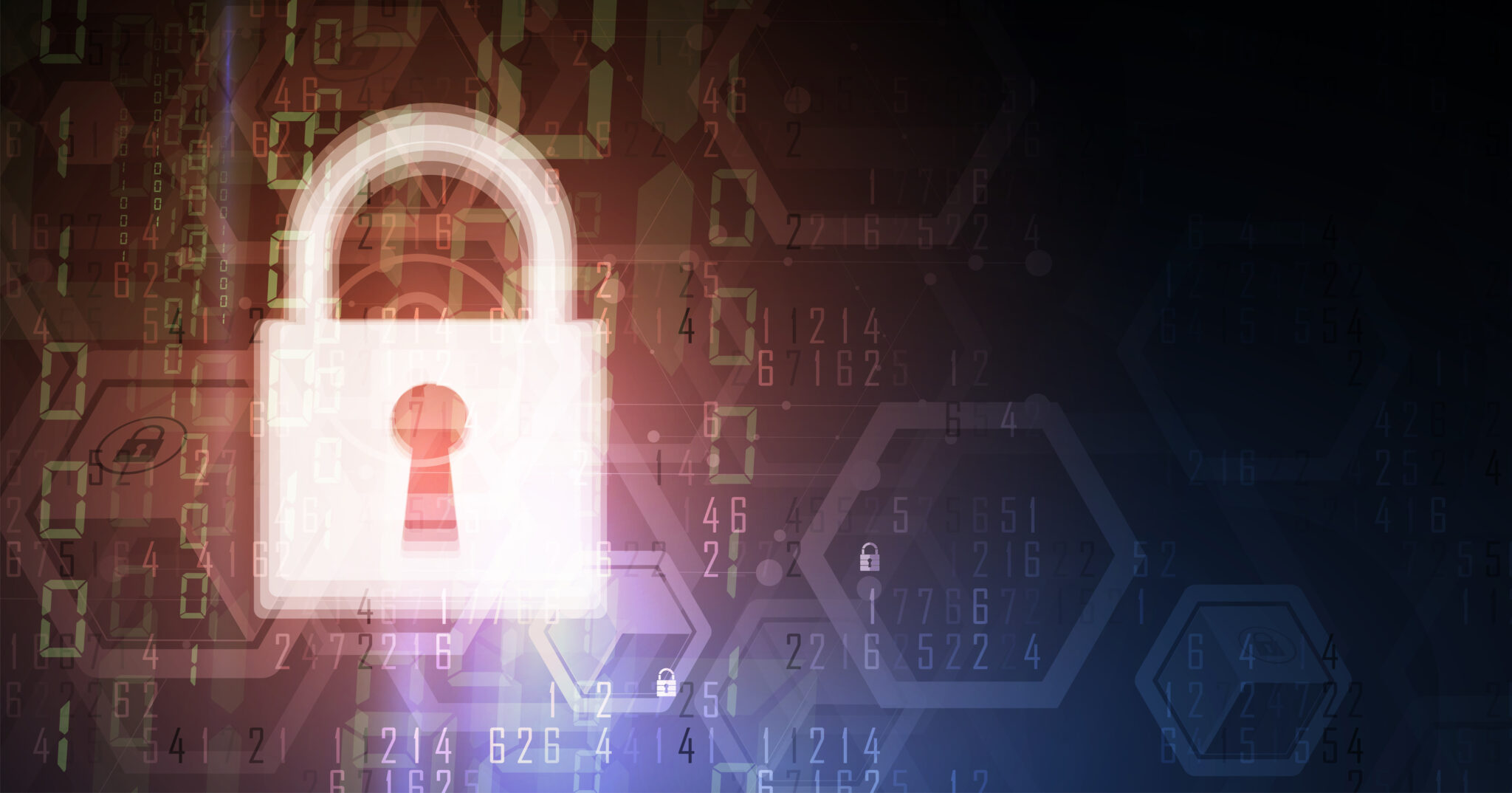The surprising things we’ve discovered with our cybersecurity checkups for individuals

In today’s digital age, our personal information is more valuable than ever. From online banking to social media, we’re constantly sharing sensitive data that could be a target for cybercriminals. That’s why cybersecurity checkups have become increasingly important. These assessments can reveal vulnerabilities in our online presence that we may not even be aware of. Here are some surprising things we’ve discovered through cybersecurity checkups for individuals:
1. Weak or Reused Passwords:
One of the most common vulnerabilities found in cybersecurity checkups is the use of weak or reused passwords. Many people use easy-to-guess passwords like “password123” or the same password for multiple accounts. This makes it incredibly easy for hackers to gain access to your online accounts. See: The dangers of using the same password for different websites.
2. Phishing Scams:
Phishing scams are becoming more sophisticated and harder to detect. Cybersecurity checkups can help identify if you’ve been targeted by a phishing attempt. This could include emails from unknown senders asking for personal information or clicking on suspicious links. See:
3. Outdated Software or Operating Systems:
Many people neglect to update their software regularly, leaving themselves vulnerable to security breaches. Outdated software can contain known vulnerabilities that hackers can exploit. Cybersecurity checkups can identify which software on your devices needs updating.
4. Publicly Available Personal Information:
You may be surprised to learn how much personal information is publicly available online. This information can be exposed from data breaches, data brokers or both – and be used by scammers to gain your trust or for extortion attempts. The data may include your email addresses, phone numbers, home address, and even social security number. Cybersecurity checkups can help you identify and possibly remove any sensitive information that is publicly accessible.
5. Compromised Accounts:
It’s possible for your online accounts to be compromised without your knowledge. Cybersecurity checkups can help detect if any of your accounts have been breached. This could include unusual login activity, unauthorized purchases, or suspicious emails.
6. Lack of Two-Factor Authentication:
Two-factor authentication adds an extra layer of security to your online accounts. However, many people don’t enable it. Cybersecurity checkups can remind you to enable two-factor authentication on your most important accounts.
7. Email/phone forwarders to unknown destinations:
Scammers with access to email or phone accounts may use the forwarding feature to have all emails or calls forwarded to the scammer in attempt to retrieve account 2FA or recovery codes.
8. Email filters & blocked senders lists contain rules that are sending important messages to trash:
If a scammer accesses your email account they will typically set up rules and filters to route important security emails to the trash so that you won’t notice that they are actively accessing your account.
9. No PIN lock on smartphone:
Not using a PIN or biometric lock on your smartphone can allow anyone finding your smartphone access to everything on your device, and potentially allow someone to access your email and text messages obtain 2FA codes for your other accounts.
10. Outdated/unknown account recovery information:
If you change your email address, phone number, or get rid of your home phone line, don’t forget to set or update your account recovery information for all of your online accounts.
11. Rogue web browser extensions:
Browser extensions can add useful features to your web browser, but if you get them from an unreputable source, or if the extension gets taken over by another publisher, they can potentially steal your personal data.
12. Exposing too much personal information on social media accounts:
Exposing too much information on social media accounts can lead to account cloning or hacking. For Facebook, read Check these Facebook settings right away.
By conducting regular cybersecurity checkups, you can identify potential vulnerabilities and take steps to protect your personal information. It’s a small investment of time that can have a big impact on your online security. Contact us for a cybersecurity checkup.
 Print This Article
Print This Article

